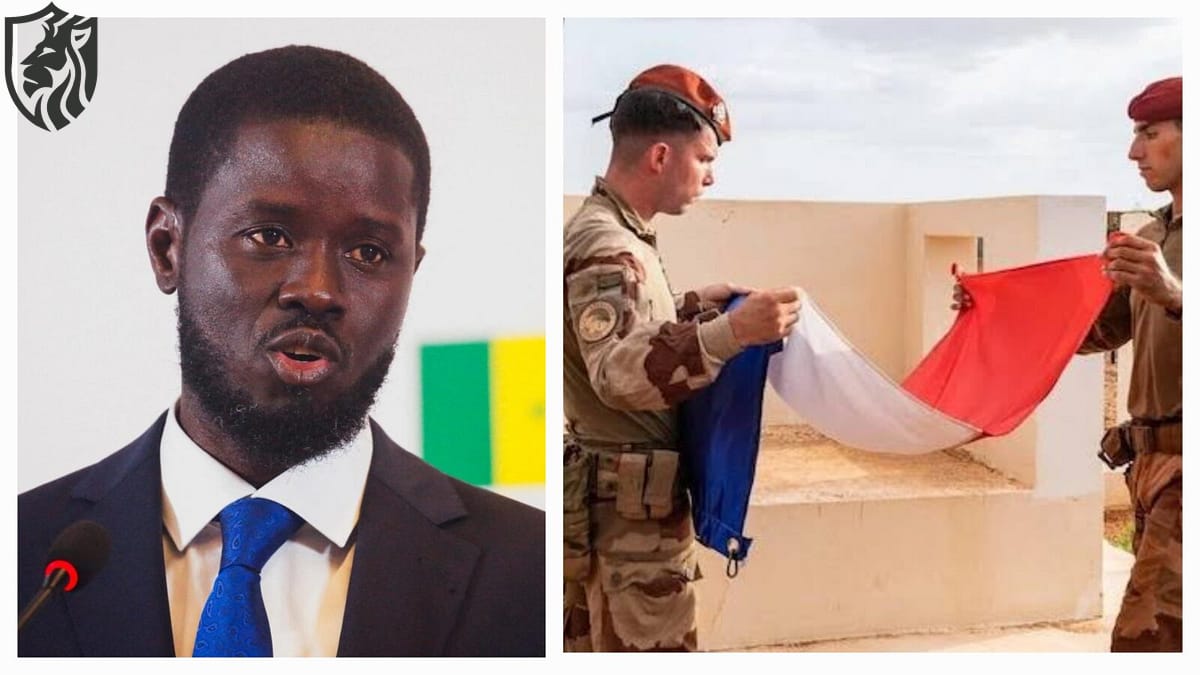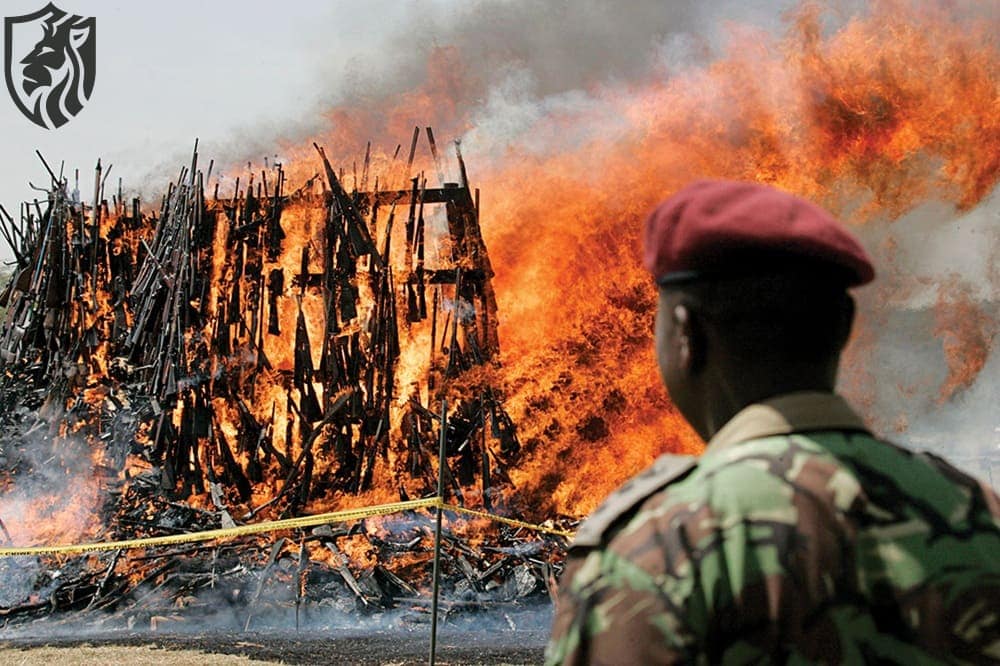
France Withdraws Final Troops from Senegal
France officially ended its military presence in Senegal by closing Camp Geille and the Dakar airfield. This action concluded France’s 65-year military footprint in Senegal and marked a shift away from regional influence.
Importantly, the move also reflected a broader retreat of French military power across Western and Central Africa. On Thursday, senior military leaders attended the ceremonial handover of the two remaining bases.
Senegalese Chief of the General Staff General Mbaye Cisse joined French Africa commander General Pascal Ianni at the event. This withdrawal forms part of a broader geopolitical recalibration in which many former colonies have distanced themselves from Paris.

Final Departure: End of an Era
Approximately 350 French soldiers, previously engaged in joint operations with Senegalese forces, are now exiting the country. Their departure began in March and concludes France’s last permanent deployment in the region. This development follows a wave of French military withdrawals from other African nations, triggered by shifting political dynamics and rising anti-French sentiment.
General Cisse described the move as a “significant turning point” in Franco-Senegalese military history. Meanwhile, General Ianni emphasized that France is now “reinventing partnerships in a dynamic Africa,” hinting at new models of engagement beyond traditional military footprints.
Context: Rising Instability in the Sahel
France’s exit from Senegal occurs amid escalating instability in the Sahel. Armed insurgencies in Mali, Burkina Faso, and Niger have rapidly destabilized the region. This unrest now threatens to spill over into Gulf of Guinea nations, raising alarm in regional security circles.
While Senegalese President Bassirou Diomaye Faye demanded the withdrawal of French troops by 2025 after winning the 2024 elections, his approach has remained diplomatic. Unlike neighboring military-led regimes, Faye supports continued cooperation with Paris—albeit under new terms. Notably, he has also demanded an apology for colonial-era atrocities, such as the infamous 1944 massacre of African troops by French forces.
France’s Strategic Retreat Across Africa
France’s retreat from Senegal mirrors a broader strategic drawdown. Recently, Paris relinquished its only military base in Ivory Coast and handed over Chad’s Kossei base, its last in the Sahel. This downsizing reflects waning influence following coups in Burkina Faso, Mali, and Niger between 2020 and 2023. These nations have collectively expelled 4,300 French troops and forged new security ties with Russia.
Additionally, the Central African Republic has echoed this anti-French sentiment, demanding a complete withdrawal of French forces as Russian mercenaries bolster the local military. France now maintains only a limited presence in Gabon, where its former base has been repurposed into a shared facility.

Djibouti: France’s Last African Outpost
Following the closure of Camp Geille and the Dakar airfield, Djibouti remains France’s only permanent African base. The site will serve as France’s new military headquarters for Africa, housing approximately 1,500 French personnel.
Given Djibouti’s strategic location near the Red Sea and multiple global powers operating bases there, France’s continued presence serves both geopolitical and operational interests.
Conclusion
France’s military withdrawal from Senegal signifies more than the end of an overseas deployment—it marks a transformative shift in post-colonial power dynamics and military cooperation across Africa. With regional governments re-evaluating alliances and engaging new partners like Russia, the future of African security partnerships is being reshaped. With its current repositioning in Djibouti, France needs to modify its strategies to stay relevant in a rapidly changing security landscape.








